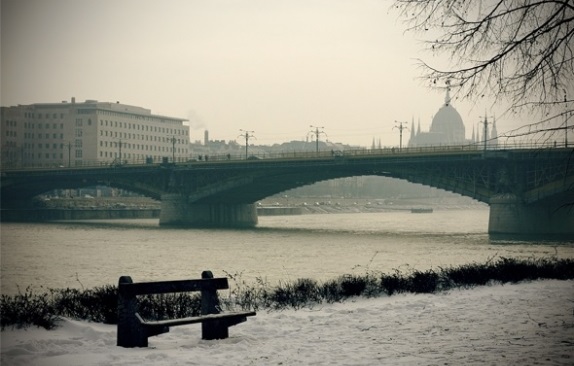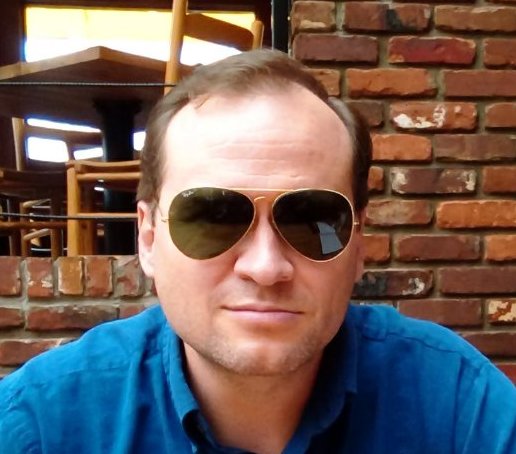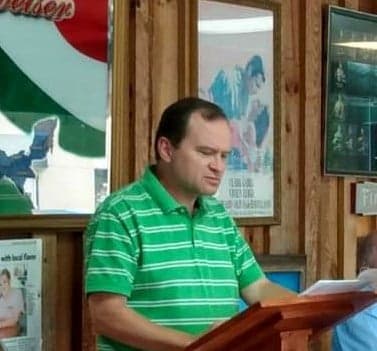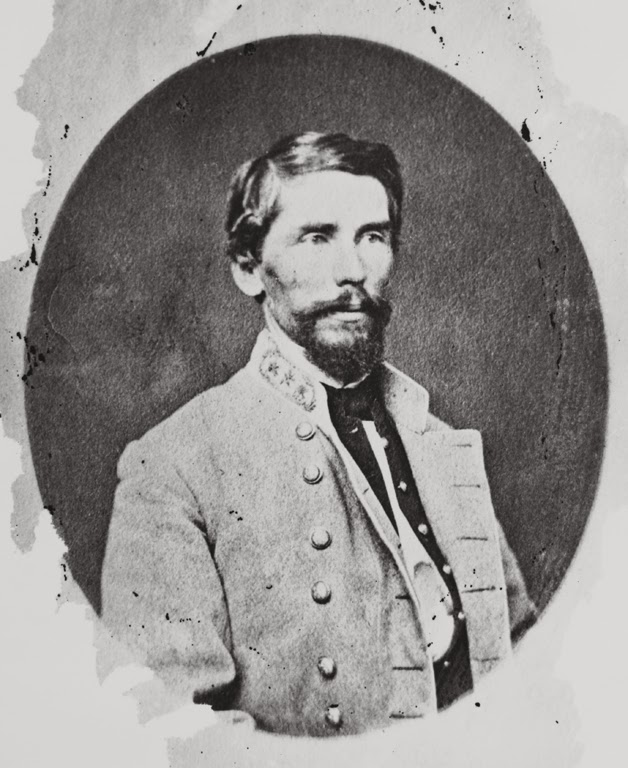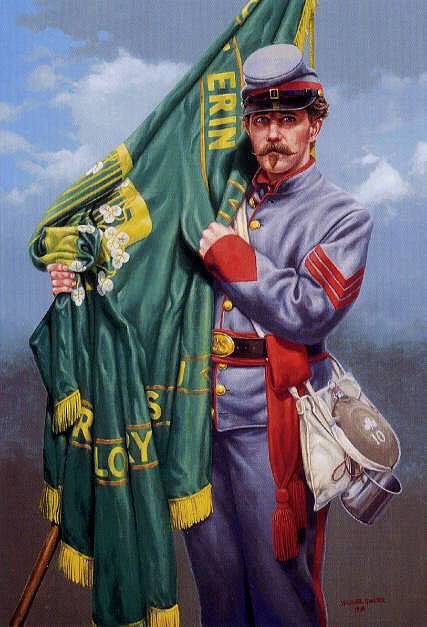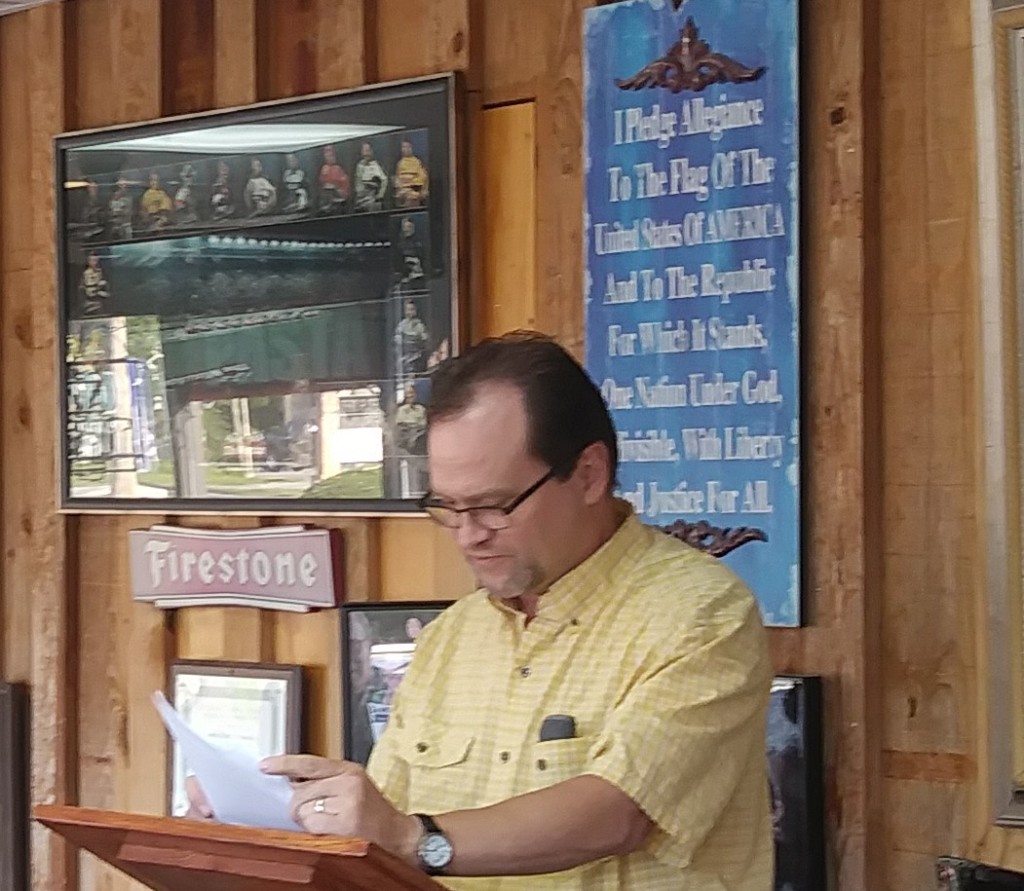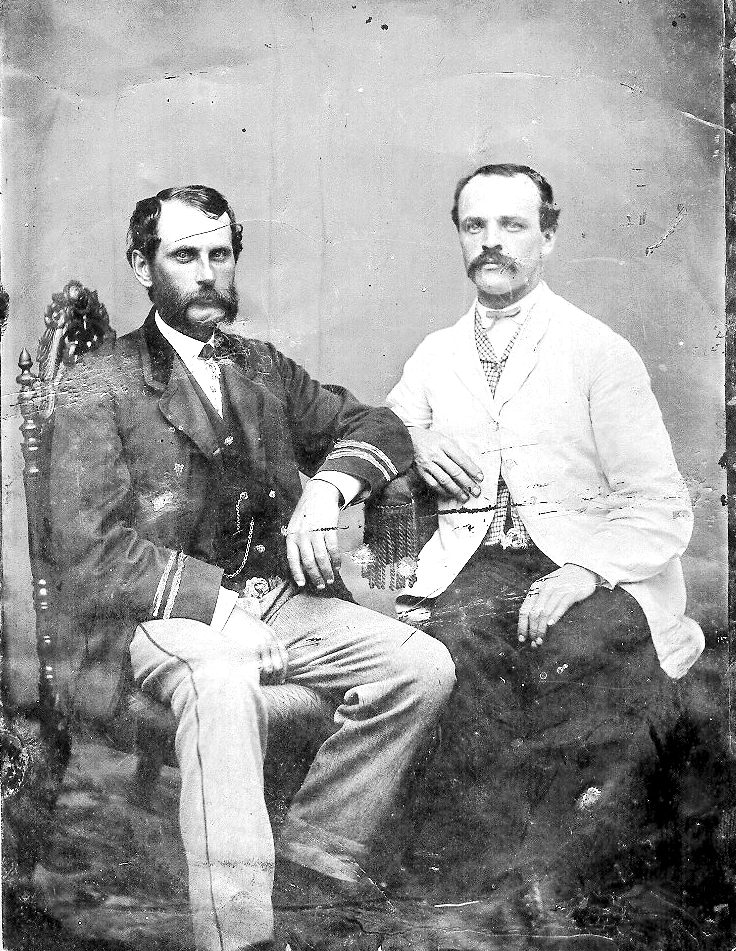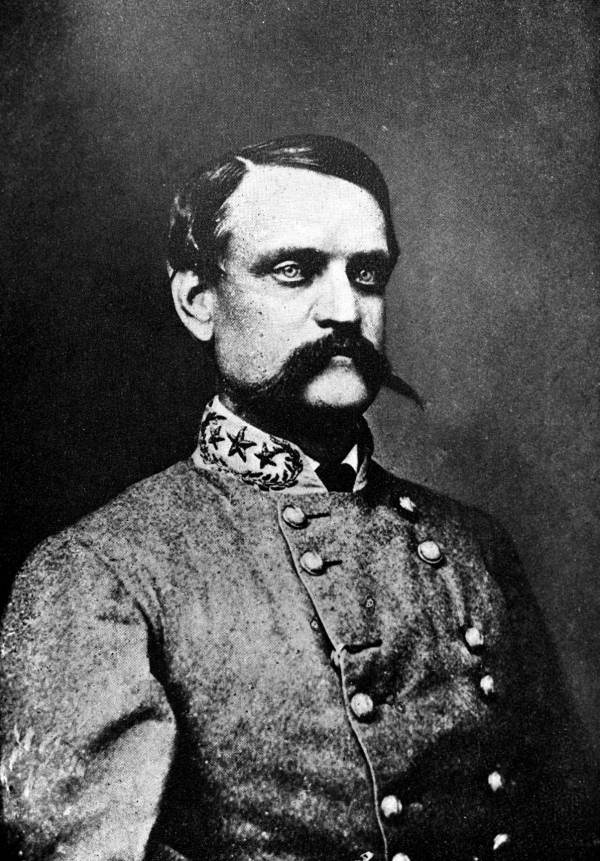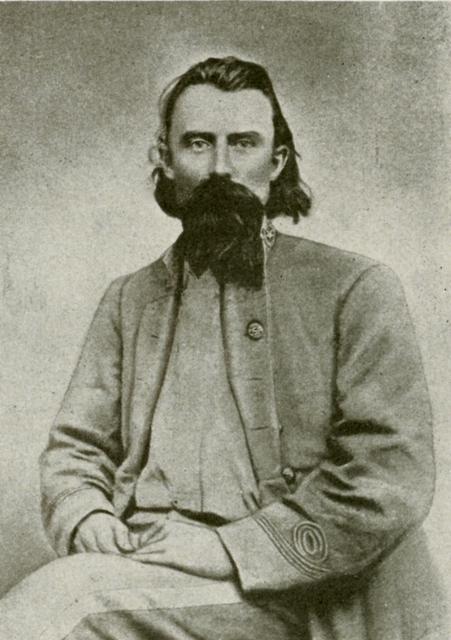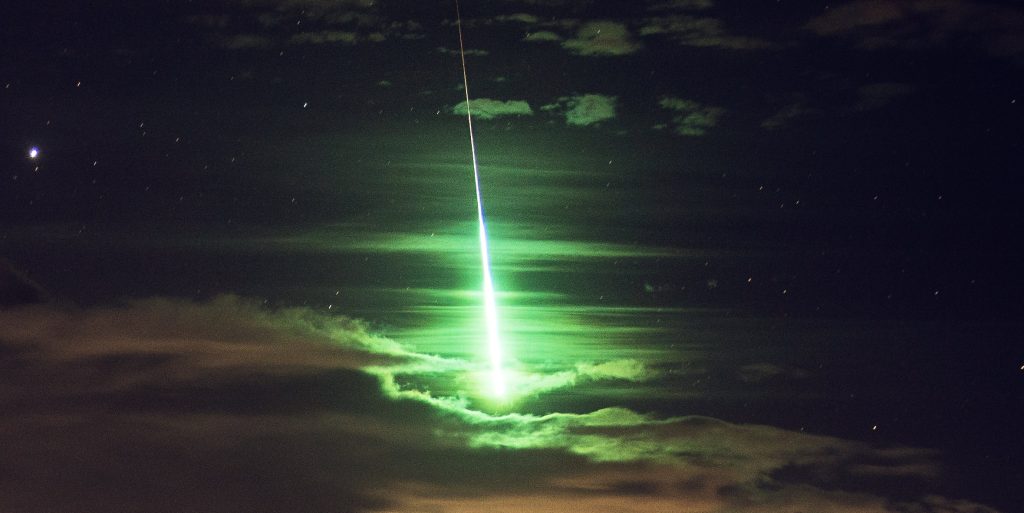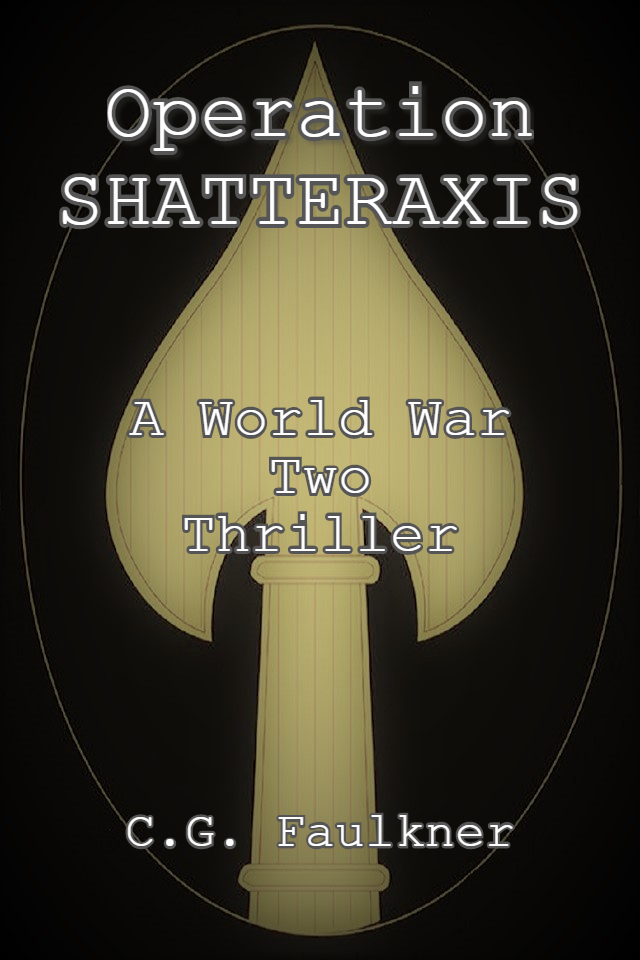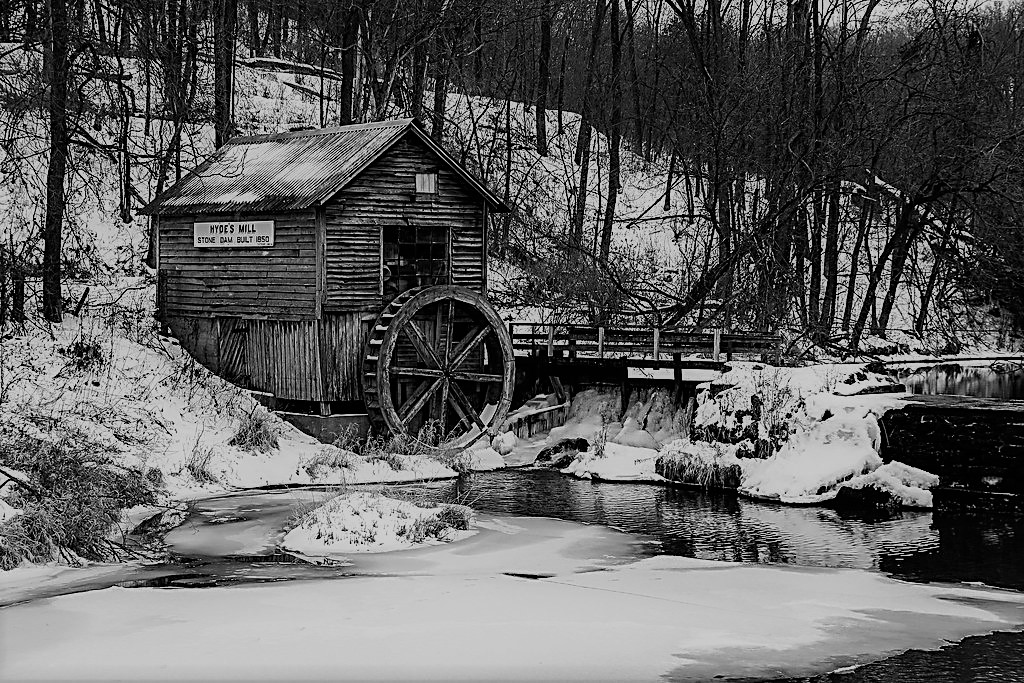(Please enjoy this Jeff Fortner Cold War short story, that I have written as a Christmas ‘Thank You’ to my readers.)
A Hazy Shade of Winter
A Tale of the Cold War
By C.G. Faulkner
Copyright 2018 Falcons’ Rest Farm Publishing
“Seasons change with the scenery
Weaving time in a tapestry
Won’t you stop and remember me…”
From ‘A Hazy Shade of Winter’ as performed by Simon and Garfunkel, 1966
(Song written by Paul Simon)
Central Intelligence Agency Field Officers Jeff Fortner and Sam Hunt stood on the Margaret Bridge (Margit híd) overlooking the Danube River in the heart of Budapest, Hungary. The frigid December waters flowed beneath them, moving southeast deeper into the Eastern Bloc.
1968 had been a Spring, Summer and Autumn of wars, invasions and assassinations. What the Winter that was about to begin held in store was hazy, but likely bleak, as well.
The situation in Budapest was much more stable than it had been during the dark days of 1956, but the shadowy skirmishes of the Cold War continued…despite the placid, cool Christmastime veneer around them. One such skirmish was just about to proceed that very night.
Hunt, clad in a ushanka hat and trench coat, flicked his cigarette into the river, then turned to Fortner and growled, “Well, kid…time to go to work.”
***
Forty-eight hours earlier, in the Langley, Virginia office of Deputy Director of Plans (DDP) Charles Mansfield, Fortner and Hunt were being briefed on their operation.
“These are the daughters of Colonel Stanislaus Popov of the GRU,” Mansfield turned on the slide projector in the darkened room. A slide was shown of two beautiful young ladies in ballerina outfits, obviously publicity shots for the Bolshoi Ballet. “The one on the left is Svetlana, age 22.”
Sam Hunt nudged Fortner. “I stake my claim on that one, Jeffy-boy. You can have the mousy one.”
“Shut up, Hunt. At least try and act like a professional.” Fortner replied, annoyed at Hunt’s typical obnoxiousness.
Mansfield removed his glasses and glared at the young field operatives. “I hope I’m not interrupting anything important, gentlemen…”
“Sorry, sir…please proceed,” Fortner replied.
Hunt grumbled and nodded in agreement.
Mansfield went on, to point out the Colonel’s younger daughter, Valeria, age 20. Fortner wouldn’t have called her ‘mousy’ at all. She possessed a subtler beauty than her taller, blonder sister, but was still very pretty. He also thought that she had a more sincere, trustworthy face.
Just as when the 27-year-old Fortner had been partnered with the more senior Agent Hunt on a few previous occasions during Fortner’s nearly two years with ‘The Company’s’ Clandestine Services, he was irritated by Hunt’s extremely abrasive personality. Hunt had always focused on the ‘fringe benefits’ of a mission: the girls, the expense accounts, the travel to exotic lands, and the rich food and drink. Somehow, though, their joint operations had still been successful despite Hunt’s lackadaisical attitude. Mainly because, while of course, a pretty face turned Jeff Fortner’s head as well, his priority was always to ‘stay on mission’.
“…so, gentlemen. Our best intelligence from our Station Chief and his assets indicate that these sisters want to defect to the West; and a very valuable defection they would be. Their father knows all of the contingencies of their heavy armor divisions. The divisions that would be the first to roll into West Germany in the event of ground war. We suspect he’s also very knowledgeable regarding Warsaw Pact moles that have penetrated NATO. Getting these girls would be the next best thing to turning the Colonel himself…not to mention a major embarrassment to the GRU itself. He’s a dedicated Party man, part of Stalin’s old guard that’s held on through the changes…but by all reports dotes on his daughters, especially since he and his wife separated. Luckily for us, and not so much for Popov, these girls are going through a ‘rebellious stage’, like many of our own youth…” Mansfield chuckled.
“How do we know we can trust them, sir?” Fortner asked.
“As with all defectors, we don’t. Our station chief in Budapest, and his assets there, assure us that, with the time they have spent outside Mother Russia, travelling with the ballet company in some of the more open Eastern Bloc countries…they have begun to genuinely question their country’s leadership, and its oppression; including their own father’s.” Mansfield took another puff on his pipe, and studied the cherry-tobacco smoke ring that drifted to the ceiling through the light beam of the slide projector. “Now, on to brass tacks. The plan of extraction…”
***
Now, as Fortner and Hunt walked away from the Margaret Bridge, the operation was clear (an operation that Hunt had jokingly dubbed ‘Santa Baby’, though its official title was ‘Midnight Clear’); meet the girls backstage after their December 22nd Christmas performance of Tchaikovsky’s ‘The Nutcracker’, and get them safely back to the bridge where they had transport out of the Eastern Bloc arranged by way of a small river barge destined upriver for Bratislava and then, Vienna. It had been decided that they would walk the seventeen or so blocks back to the bridge, as opposed to taking a cab, as the state security service employed many informers amongst cab drivers in the city. So, a thirty-minute Yuletide stroll through a snowy Budapest to freedom.
***
Fortner and Hunt had flown into Budapest with impeccable credentials and under the NOC (Non-Official Cover) of being tractor and agricultural equipment salesmen from West Germany. Though their primary foreign language fluencies were in Russian (as well as Vietnamese for Fortner) they both spoke enough German with the correct accent to get by (Fortner’s father had been undercover in East Germany a few times and spoke it like a native). They had passed through customs without incident, notified the CIA Station Chief of Budapest of their arrival, and checked into the Corinthia Hotel (formerly the Grand Royal), though they wouldn’t actually be staying overnight; and then gone on to do the reconnaissance of their escape route at the Margaret Bridge.
Neither had a concealed sidearm for the mission, as they didn’t think it was warranted, as well as the risk being run going through airport security. Fortner had, however, smuggled a switchblade (an ugly, but sometimes useful weapon) inside the salesmen’s briefcase he carried that also contained catalogs and models of the tractors, combines and threshers that they ‘sold’.
Neither had much interest in watching the ballet, so they waited out the long performance at the Hotel Restaurant and Bar. After a hearty meal of Paprikás Csirke (Chicken in Sour Cream), Gulyás (the national dish, goulash), and Kürtőskalács (a sweet bread), they sat at the corner table, Hunt chain-smoking as usual, and on his third double ‘Maker’s Mark’ Kentucky Bourbon.
Jeff Fortner (whose retired CIA father, Ethan, drank heavily in his own downtime, but was always functional) was only a moderate drinker himself, and never imbibed when he was about to possibly run a gauntlet of state security, city police, GRU and possible KGB men, all while having to babysit a couple of ballerinas. Jeff sat down his coffee and said quietly, “Don’t you think you ought to slow down with the booze now, Hunt? You may think that this operation is a ‘walk in the park’, but you know that the Popov sisters’ father will probably have assets in the area…not to mention eluding any AVH Ministry of Interior Agents that may be watching us…”
Hunt sat down his now-empty glass, ice clinking after draining it. Then he crushed out his cigarette. “Jeffy-boy…you worry too much. You’ll remember I’ve been in this line of work for over a decade now. Heh…your famous Daddy wouldn’t be worrying so much, and I bet he’d be out-drinking even me…”
Fortner didn’t bother to respond to Hunt’s quip. Sam was always trying to get under his skin by mentioning Jeff’s estranged (and legendary at CIA) Father. Ethan Fortner was a flawed man in many ways, but he had always been a consummate professional, totally unlike the jackass, Sam Hunt.
Jeff had signed on with the Agency after resigning his commission with the USMC and a stint in a POW Camp. Joining the Agency was against Ethan’s wishes for his son, and they had rarely spoken since. They’d never had the relationship they should’ve. Ethan’s wife had died moments after Jeff’s birth, and neither had ever really dealt with it.
Snapping out of his reverie, Jeff returned to the moment at hand. “You’re supposed to be lead Agent on this op, Hunt. Act like it. Get a cup of black coffee and go splash your face in the men’s room. We leave in ten minutes…. the performance ends at ten-thirty.”
“Fine, fine…the boy scout is always right,” grumbled Hunt.
In truth, Jeff had not been a Boy Scout since he was twelve years old. With his Father rarely around, and only two spinster Aunts to try to keep him out of trouble, he had been more of a rebellious ‘hood’ or ‘greaser’ youth in his teen years; hot-rodding, fighting and mostly defying his absentee Father at every turn. Until finally leaving for the Marines, where he had been forced to learn discipline, the discipline that had kept him alive up to now.
Soon, they left the Hotel, ditched their briefcases full of farm equipment catalogs in a dumpster and walked through the intensifying snow to the State Opera House. As they approached the back door, they were greeted by a small, toad-like man that reminded Fortner of the old actor Peter Lorre. In stilted German the man asked, “Have you heard of the men on the moon this Christmas?”
Jeff replied, “No, not on the moon. They are just orbiting around it…”
Recognition phrases complete, the man smiled and offered his hand and introduced himself as Andrej, the lead stagehand for the opera house. He was also the local station chief’s asset that had informed them that the Popov sisters wished to defect while in Budapest.
“I’m Fortner. This is Hunt.” Sam didn’t shake, just nodded brusquely.
“So where are these chicks?” Sam asked, impatiently fiddling with his pack of ‘Lucky Strikes’.
“They are just finishing the performance now…” Andrej replied.
They had arrived just moments before the end of the production, and, while Hunt smoked in the alleyway at the back door, Andrej allowed Jeff inside to see the last bit of the ballet. Though it was at a distance, he could tell which one Valeria was right away. While both were talented, she was the more exquisite dancer than her sister Svetlana. The orchestra’s dramatic climax and dance ended, the girls ran back to their dressing rooms. Andrej and Jeff stepped back into the alley.
“They are changing, now. Should be out any minute. They are anxious to go with you tonight…. I am anxious, too, for…” Andrej seemed nervous.
“Pay?” Hunt replied. “You’ll get it, right before we take off.”
A bitter wind gusted through the alleyway, and Jeff pulled the collar of his parka tighter around his neck and his tweed golf cap down more over his snow-flecked light brown hair.
A few minutes later, the door opened, and Jeff’s steel-gray eyes focused on the girl that walked out first. Valeria Popov. Her unvarnished beauty hadn’t been done justice by her photograph. Lush chestnut hair, tied up in a bun under a forest green beret. Deep brown eyes flecked with gold, milky, unblemished skin, and a petite but shapely figure that was obvious even through her coat.
She was quickly followed by her older sister Svetlana, unsuccessfully attempting to light a Sobraine cigarette in the wind. She, too, was beautiful, but in an artificial way that was much more dependent on troweled on makeup. The look on Hunt’s face showed that she was just his type. He stepped up with his zippo and a cupped hand to offer lighting the smoke for her. She smiled gratefully as he did so.
Andrej handled all of the introductions, and gratefully accepted his pay. Then Jeff spoke up. “It’s after 11 o’clock now, and the barge will be at Margaret Bridge at midnight. If we aren’t onboard by the twelfth bell, they leave without us. Shall we?” He offered an arm, and Valeria took it.
Hunt followed suit with Svetlana, after lighting another smoke for himself. It was part of their cover that they would simply pose as two couples having left the ballet and out for a Yuletide stroll. The shops were open late, and many other revelers were about. They didn’t notice as they made their way up the Hajos Utca that a group of three men had come out of an alley and begun to follow them.
Andrej counted the generous amount of forints the Americans had provided, and then the envelope full that the three other men had paid. His family would have a nice ‘Celebration of the Fir Tree’ this year. He could taste the steaming bowl of halaszle already.
***
Svetalana was talking rather loudly to Hunt about how she looked forward to seeing in the New Year in New York’s Times Square, as well as seeing the Broadway musical ‘Hair’ and shopping in the stores of Fifth Avenue. What she really wanted was a ‘decent fur coat’. “The ones we get here in the East just aren’t as nice as the American ones…” she pronounced. Hunt was lapping up everything she was saying, and making promises that he’d be glad to take care of all of her needs in America.
Fortner kept glancing back at them, signaling for them to ‘shut up’, as, even though they were conversing in Russian, there was likely a Hungarian nearby that might understand them.
Fortner turned to Valeria and whispered, “This isn’t a game. I’m afraid your sister and…my associate aren’t taking things seriously enough. This isn’t a cakewalk…”
“She never does,” Valeria whispered back; and then asked, “What is this cakewalk?”
“Oh, it just means an easy task.”
“Ah, I like that expression. I know very little English, but want to speak it well. I want to be able to dance in America, and travel freely; and not have the KGB or my father’s GRU following me everywhere.”
“I understand. But if you don’t mind…let’s save our conversation for the barge upriver…to the freedom you seek.”
The freedom you’ll have to earn by telling my Agency every one of your father’s secrets, Jeff thought to himself, cynically.
Fortner glanced back the ten paces behind them again at Sam and Svetlana, and noticed the three men emerge from the shadows as they passed in front of the lights of a late-night café’. They seemed out of place…three hulking stern-faced young men in badly-cut suits. They weren’t celebrating the Yuletide, they were following them, and they were likely from Col. Popov’s GRU.
Fortner loudly cleared his throat, and signaled for Sam and Svetlana to follow them into the Christmas Tree lot on the right. “Valeria, I believe the men back there are working for your father. Did you or your sister tell anyone besides our people that you were defecting?”
Svetlana, right behind them now, answered for her. “No, but our father has spies everywhere in the ballet company. We call them his Bolshoi Bolsheviks…”
Sam murmured, “Here they come, dammit…”
The three men came into the fir tree lot, each with one hand in their coat, likely about to pull Makarov PMs, the standard issue firearm of their department.
The CIA Agents were unarmed; unarmed except for the switchblade that Jeff had hidden in his sock.
Fortner looked around. It was late, and there were few tree buyers, and none close by. They’d still have to get out of this quickly. Any delay may cause them to ‘miss the boat’. Hunt seemed indecisive, so Fortner spoke first. “Uriemberek…Boldog Karácsonyt!” The Hungarian Christmas greeting surprised the men momentarily, and they left their guns holstered, but were still approaching. One showed an ID card and stated in Russian, “Glavnoye razvedyvatel’noye upravleniye…Colonel Popov has ordered us to take you girls to him. Come with us now, please.”
One grabbed Valeria’s arm and she screamed, “Nyet!” Jeff quickly broke the man’s vise-like grip and jabbed him hard in the abdomen, he doubled over in pain as Valeria stumbled to the ground.
The other two were wrestling Svetlana away from Hunt. Hunt threw a clumsy punch at one that glanced off of his shoulder. Hunt was, at best, mediocre at hand to hand combat, and was, on this occasion, still impaired by his excessive alcohol consumption.
Jeff’s opponent recovered and reached for his pistol. Just as he brought it out, Jeff flicked out the switchblade he had grabbed from his sock. I brought a knife to a gunfight, he grimly thought to himself. He had brandished a blade like that as a teen, but never actually fought with someone using it. He had, however, plenty of experience with a Ka-Bar combat knife in the Corps. The GRU Agent was about to start firing a gun in a Christmas Tree lot, and there were a few innocent men, women and children now nearby. Before the man took aim, Jeff, using his left hand, grabbed the man’s gun, twisting it from his grip and relieving him of the pistol, and with his right hand plunged the switchblade deep into his guts, then upward into the heart. The man hissed out his last breath.
Valeria tried to suppress a scream, covering her mouth.
Jeff lowered the man to the ground. He had, as always, hoped to avoid bloodshed; and killing in this situation seemed dirtier to him than in combat. Then he remembered the words of his Drill Instructor: When it comes down to you or the enemy, let it be the enemy that gives his life for his country.
He then turned to Hunt and the other two Agents. The tree lot merchant and shoppers had noticed what was going on amongst the firs by now and were screaming “Rendorseg!” for the police. If they got involved, they’d never get the Popov sisters to the boat on time.
Jeff barreled into the two agents, tackling them both into a row of trees that fell like dominoes. Hunt added a kick to one on the way down, and that GRU man had the misfortune to land on the large nail of a tree-stand. He cried out, and Hunt kicked him again, rendering him silent. The last one, untangling himself from the pile of snow-covered aromatic trees, finally got free and began to run. Hunt picked up the pistol from the one impaled on the tree stand and took aim at the runner…
“Hunt! No gunfire…it’ll only bring the police straight to us!” Jeff warned.
Hunt ignored him, and fired twice. The Agent went down just as sirens could be heard approaching.
“Damn! We’ve got to go…” Jeff took Valeria’s hand and gently helped her to her feet, as she had twisted her ankle in the fracas. He then took the hand of the frozen-with-fear Svetlana and started leading them out of the Christmas Tree forest.
“Fortner! We should split up. Less likely for us all to be caught that way.” Hunt barked.
Jeff didn’t disagree, and nodded; releasing Svetlana for Hunt to lead away. “Take backstreets, and be at the barge by zero hundred hours.”
Hunt nodded, and they vanished into the night.
***
Jeff and Valeria eluded the police, and made it two blocks southwest as a detour to the river.
They found themselves at the steps of Saint Stephen’s Basilica. More sirens approached.
“Let’s rest your ankle in here for a moment,” Jeff suggested. He could tell she was in pain.
“Da,” she nodded, gratefully.
They went into the chapel of the Church, completed in 1905, and it was as ornate and beautiful as any that Jeff had ever seen. It was made even more so by the small Nativity scene and added Christmas greenery.
The chapel was empty, except for a lone old woman praying in the front row. Outside, some late-night carolers could be heard, in Hungarian:
“Good King Wenceslas looked out on the feast of Stephen,
When the snow lay round about, deep and crisp and even…”
“I’ve never been in a Church,” Valeria said. “Other than Saint Basil’s in Red Square for State functions. Religion is frowned upon, you know…. especially by a true party believer like my father.”
“I haven’t been in a Church for a while, myself…” Jeff replied. He hadn’t lost his faith, but it had wavered over the years, particularly during his time as a POW in Vietnam, and when he came home to a wife that had promptly left him. Changing the subject, he said, “I will get you out of here safely, Valeria…trust me.”
“I do,” she replied, looking into his eyes. “Do you think that I might dance at your Lincoln Center?”
“Perhaps. I hope so.”
“Just being free. Even if I never dance again…” she rubbed her injured ankle. “I will be happy in America, just to be free.”
Jeff smiled at the sweet, innocent young face. He knew he shouldn’t, but he was finding himself thinking of her as more than an asset, or a defector. “Your ankle will be fine. You will dance, and you will be free, Valeria. But for all of that to happen…we need to be at the Margaret Bridge in,” he consulted his watch. “Twenty-five minutes. We’d better go. Can you make it?”
She nodded enthusiastically, and put on a brave smile.
***
Meanwhile, Hunt and Svetlana were several blocks north. Hunt had turned on what charm he possessed, which wasn’t much. “Y’know, Svetlana…after the debrief in Washington, you stick with me. I can show you all the best my country has to offer. Hotels, restaurants, shows, food, good booze…the works, baby.”
“I would like that, Sam. Very much,” she was looking past him distractedly at a phone booth nearby. “Can you allow me a favor?”
“You name it, sweetheart.”
“It is my mother. She and my father are separated, and she has been ill. She despises him and his ‘party line’ as much as we do. I hate to leave forever and not at least speak with her once more…”
Hunt was taken aback. “Er…I don’t know. That’s probably not a good idea. I’d like to help you, but…”
Svetlana came in closer and wrapped her arms around Hunt’s neck and kissed him. Kissed him like a woman that knew how to get her way. When she withdrew, she looked into his eyes with her ocean blue orbs. He was lost in them. “If you allow me this…I will do for you anything…anything your heart desires.” She licked her lips. “You can even listen in on the phone call. It will only be a moment.”
Hunt had become putty in her hands. “OK, Svetlana…OK. But please, make it quick.”
She smiled and stepped into the phone booth.
***
Several blocks away, Jeff and Valeria had made up their lost time, and were within sight of the Margaret Bridge. A three-way arch bridge, the Margit Hid was completed in 1876. It spanned the Danube River, linking Margaret Island to the banks of (originally two separate cities that merged in 1872) Buda on one side and Pest on the other. This night, it would be the link to escape for two CIA Agents and a pair of ballerinas.
As Fortner and Valeria were crossing the park that approached the bridge, Jeff’s watch read 11:50 pm. Jeff and Valeria then noticed two uniformed police officers were strolling by…had they been alerted to be on the lookout for them? They’d be looking for four people, hopefully, and not a couple. Particularly not one of several couples spending a romantic, snowy evening in the park embracing. Jeff thought of the clichéd, but usually effective bit of spy craft he’d use next- a distraction needed to allay the suspicion of the police.
He whispered to Valeria, “Would you mind if I kissed you?”
She looked a bit surprised, but then replied, “I’ve been waiting all night for you to…”
He leaned in, and she met his lips. The kiss lingered as the police chuckled and walked on by.
They were safe, for the moment.
Afterward, she asked, “Was that just for their benefit?” She grinned shyly.
Jeff answered honestly, “No, it was not.” His smile reassured her, and he took her hand and they walked on to the rendezvous point on the bridge.
***
There was very little traffic on the bridge a few minutes before midnight. The plan was to walk to the intersection of the bridge where they would descend a rope ladder that was previously placed there by their contact that would be picking them up. Their contact was the barge’s Captain Imre, and his boat was called the Erika, named for a young girl he had known from the Revolution. Imre had been a part of that uprising in 1956, but had managed to evade capture by the Communists. He had later become a valued CIA and MI6 asset on many occasions since.
Jeff and Valeria stood there, looking to the south from where the barge was slowly approaching; a spotlight flashed three times, so Jeff knew that it was the Erika. He waved back and forth three times in response, hoping they’d see him from the ship’s bridge.
Jeff was also continually checking to the east, and wondering why Hunt and Svetlana hadn’t reached them yet. Had they been caught by Colonel Popov’s men? Mansfield had made it clear that if anyone didn’t make it to the pickup, they would be on their own.
But Jeff Fortner had never left a man behind as a Force Recon Marine Officer in Vietnam, and he wouldn’t start now. Not even with a bastard like Sam Hunt.
Then, he saw them. Relief washed over both of them. They would all make it out. The look of relief vanished from Jeff’s face, however, when he spotted the two cars (probably AVH) coming up behind them on the bridge. Fortner pointed, yelling “Hunt!”. Hunt saw them, and he and Svetlana broke into a run. Jeff and Valeria ran to the intersection of the bridge where the ladder was stowed (Fortner and Hunt had confirmed this on their earlier recon). Leaning over the edge with the switchblade, Jeff cut the strings that kept the rope rolled and hidden under the ledge. It unreeled completely, ending at the embankment of the island where the barge was temporarily mooring.
The cars screeched to a halt alongside Hunt and Svetlana just as the first stroke of midnight could be heard from a clock tower in the distance. Hunt, now dragging Svetlana, ran to join them at the ladder. At the bottom, some of the crew were securing the ladder for the escapees’ descent. They motioned to begin climbing down.
Valeria, with one last brave smile for Jeff, began to descend the long, swaying ladder, her weak ankle making it more difficult. “They will help you on board, and I will be right behind you. Be careful, Valeria,” He released her hand and she took a firm grip on the top rung.
Then his attention was forced to the men exiting the cars, led by Colonel Stanislaus Popov of the GRU. He looked more like an angry soldier than a worried father. He was flanked by two other GRU Agents, while the other car had four more AVH men, guns drawn.
“Halt!” the Colonel commanded. “I will not allow you to kidnap my daughters!”
Jeff didn’t want to respond to anything they might say, knowing that it would only confirm to the GRU who they were. Let them think they were kidnappers…just Hungarian ones, not CIA.
But Hunt wasn’t as savvy. “Sorry, Colonel. The girls want to come over to the West, with us.” He drew the Makarov he’d kept from earlier.
At that moment, Svetlana gently lowered his gun arm and looked him in the eyes. Tearfully, she said, “No, Sam. I am sorry. I…am not going with you. I have…reconsidered.”
“What? Wait, that phone call…it wasn’t your mother. You led them to us?”
She nodded, sadly, “Yes, I’m sorry…I…”
“Bitch,” Hunt murmured. He wished he had listened in more closely. “Fine. I’m no kidnapper. Go home to Daddy and Mother Russia, if that’s what you want,” He raised the gun back up, aiming at the Colonel’s chest. “But your sister and us guys are leaving this party.”
“No one is leaving,” the Colonel stated, drawing his own weapon. His men and those of the AVH were all ready to fire, but looked at each other with uncertainty as to what would happen next. “You will be our guests.” Popov knew that what he assumed to be two officers of the Central Intelligence Agency would be very valuable to his superiors.
Jeff was glad that Hunt and Popov’s conversation was keeping them all busy while Valeria slowly made it down the ladder. Only one person could go at a time, or they’d be shaken off, and it was a long drop. But he knew the conversation was about to take a violent turn, and, crouched by the bridge guardrail behind Hunt, he, too, drew the gun he’d taken earlier, preparing for a firefight.
“Guests?” Hunt laughed bitterly. “Guests at your finest accommodations for spies in Siberia, you mean…No…thanks…comrade…” He and the Colonel simultaneously fired. Hunt was winged and fell back against the snow-covered guardrail. The Colonel, hit in the side, fell, sliding down the car door, leaving a blood streaked trail. Then all Hell broke loose. Jeff aimed, but hesitated because Svetlana was in his field of fire. The GRU and AVH men did not hesitate. Their Colonel had been shot, and it was time to open fire on the enemy. They riddled the rail by Hunt as Fortner dove for cover. Svetlana was screaming, “No! Don’t shoot….”and put herself in the path of the bullets. She was hit several times, and spun around and fell into Hunt’s waiting arms.
Then, Jeff returned fire and downed the two GRU men, and one of the AVH. Two of the others took cover behind the cars while the third managed to flank Jeff and ran for the ladder.
Valeria, hearing the commotion above, climbed down even faster, though every step hurt her ankle more; then she chanced a glance upward. Jeff, still watching the men ducking behind the cars, saw what the lone man was doing a moment too late. The Colonel had ordered that no defection would be allowed that night, even if it were his own daughters. The AVH man fired, and the bullet struck her, hitting her upper back. She lost consciousness, and her grip on the ladder, falling the final fifteen feet. Jeff saw her fall into the icy waters of the gap between the drifting barge and the embankment. The boat drifted shoreward…
“No! Valeria!” Jeff yelled. The man then came at Jeff, and received two shots square in the chest from Fortner’s pistol. He flipped over the rail, landing with a thud on Margaret Island far below.
The other two men were coming for Hunt, who had Svetlana’s dead body cradled in his arms. He had been betrayed, and was just sitting there, almost catatonic. He had given up.
The Colonel had managed to get to his feet, and staggered over to the scene. “Moy Svetlana, moy Valeria…nyet…” he murmured, realizing too late what he had caused.
Jeff knew that he only had a couple of rounds left in the Makarov. Firing them now would likely only get he and Hunt riddled with bullets from the remaining AVH men, who had emerged from their cover and had their guns aimed and ready. He glanced over his shoulder and calculated what he’d do next. It was a suicide move…the odds of them surviving were low, but it was his only play. Being taken alive certainly wasn’t an option. He’d hold out longer than Hunt, but eventually the Soviet interrogation specialists would have them both spilling their guts before what was left of them was sent to Lubyanka Prison or the tundra of Siberia.
“Colonel,” Jeff said, “You have murdered your only children…just because they wanted to be free.”
“No…. you caused this. All to spy on my country.”
“Maybe we are all guilty,” Jeff conceded. “But those two girls are dead either way. We all have to live with that now.”
“No, only I will live with it. You two agent provocateurs won’t be living at all…” Popov snarled. He no longer cared about intelligence gathering. He was thinking only as a father with no living children. “Kill them!”
Jeff had anticipated that, and, as they had been speaking, he had inched toward Sam Hunt. He quickly grabbed Hunt by the shoulders, pulling him away from the body of Svetlana, and threw himself and his fellow agent over the bridge railing just as the men fired.
They both plunged into the near-frozen rushing waters alongside the barge. The last things Fortner heard before blacking out were the sounds of Hunt’s body hitting the water just after his own, several gunshots, the barge motor…and then another splash.
***
Jeff awoke with a start, shivering. He’d had a nightmare about Valeria calling to him from the icy waters. But he knew she was dead. He saw the bandaged Hunt in a fitful sleep in the bunk next to him, muttering about Svetlana. He was angry at his fellow agent for trusting Svetlana to make the phone call that had led to this horrible outcome, but, at the same time, felt sorry for him.
Even a heartless jackass like him wanted to trust someone in this business…just once.
Jeff knew that there would be some faces he could trust in their world, and many he should not; but would he always know the difference?
He’d have to report it, along with all of Hunt’s missteps, in the debrief to Mansfield, of course. What should have been a simple defection had turned out to be a fiasco. Fortner knew that Sam Hunt, and himself, living with the consequences would be the most severe punishment there could be.
Captain Imre came into the cabin with some coffee.
“You’ve been unconscious for hours,” the Captain said. “Fortunately, we snared you both and fished you out within seconds of landing in the river. The Danube is very unforgiving in Winter. We are nearing Bratislava now. This cabin was made for smuggling, the door is hidden…so, no problems with any checkpoints.”
“And the men on the bridge?” Fortner asked.
“They turned their fire on us as we were pulling you two from the water. We returned fire…” he patted the old Danuvia 43M submachine gun slung over his shoulder. I’m pretty sure we hit all of them, though I can’t say if fatally. No one chased us down, anyway.”
“I don’t think they will, regardless. Colonel Popov, if he lives, would probably want this whole mess contained and covered up. It would be an embarrassment, his daughters attempting to defect,” Jeff sighed. “And now, both dead.”
“I am sorry we couldn’t save her…that we couldn’t do more,” the Captain stated.
Jeff nodded gratefully, and sipped the steaming black coffee.
***
They reached Vienna by 2300 hours of the 23rd and were separately debriefed by a disappointed, but understanding, DDP Mansfield. He didn’t go into what had been said between he and Hunt, but he assured Jeff that there would be no major repercussions for either of them due to the failure of ‘Operation Midnight Clear’. But he did let Jeff know that he’d not be sent again on a mission with Hunt as lead Agent, and that he understood Fortner preferred to operate on a ‘solitary basis’.
At this, Jeff was satisfied. He preferred to work alone.
Mansfield had also said, “After all, many of our operations fail…some major ones. The Bay of Pigs was a snafu of epic proportions. And you are very familiar with our intelligence failures in Southeast Asia. But, that’s often the cost of taking risks. And, in this case, we did avoid bringing over one potential asset that we wouldn’t have been able to trust,” referring to Svetlana.
“Valeria just wanted the freedom of the West…and to dance at Lincoln Center,” Jeff said. “She’d be alive if not for us…”
“I know, son. And I am sorry we lost her. But it’s not your fault. If anything, blame the evil system she was trying to escape.” Mansfield said. He went on to explain that the Station Chief in Budapest would be investigating their informant at the Opera House, Andrej…as they now suspected that he may have been playing both sides.
In closing, the DDP said, “No reports on Colonel Popov resurfacing, but we will know eventually.”
“He’s probably in mourning, if he lives…” Jeff said.
“Hmmm,” Mansfield replied. “Well, we have tickets on the ‘red-eye’ tonight to Dulles, and then a connector for you to Atlanta. We’ll all be home for Christmas Eve. Try to enjoy the holiday, Jeff; and put this whole episode behind you.”
“Yes, sir. I’ll try.”
***
So, by sunset Christmas Eve, Jeff Fortner sat in his easy chair in his cabin near Indian Springs State Park, back home in Georgia.
Elvis Presley’s ‘Blue Christmas’ played on the turntable, the fire crackled, the multi-colored lights on the small tabletop Christmas Tree blinked…and he was alone.
He wondered what his ex-wife Linda was doing this Christmas, their third apart…and then banished the thought.
He also wondered what his father, Ethan, was doing at that moment. He imagined that it was pretty much the same as he was doing, except at his own lonely cabin, 150 miles north in Blue Ridge, Georgia. He pictured him sipping a large tumbler of a single-malt scotch. Probably a Glenlivet.
The record ended, and Jeff clicked on the television. Then he sat back in his chair, with a glass of eggnog, apportioned with a generous shot of Bacardi rum. He took a sip and turned his attention to the RCA. A special report was on, regarding NASA’s Apollo 8 mission that was orbiting the moon. After News anchor Walter Cronkite’s update on the mission, a transmission from the crew commenced:
The first to speak was Lunar Module Pilot William Anders, “We are now approaching lunar sunrise, and for all the people back on Earth, the crew of Apollo 8 has a message that we would like to send to you.”
“In the beginning God created the heaven and the earth.
And the earth was without form, and void; and darkness was upon the face of the deep. And the Spirit of God moved upon the face of the waters.
And God said, ‘Let there be light’: and there was light.
And God saw the light, that it was good: and God divided the light from the darkness.”
Then was the voice of Command Module Pilot James Lovell,
“And God called the light Day, and the darkness he called Night. And the evening and the morning were the first day.
And God said, ‘Let there be a firmament in the midst of the waters, and let it divide the waters from the waters.’
And God made the firmament, and divided the waters which were under the firmament from the waters which were above the firmament: and it was so.
And God called the firmament Heaven. And the evening and the morning were the second day.”
Lastly, was Commander Frank Borman,
“And God said, ‘Let the waters under the heaven be gathered together unto one place, and let the dry land appear’: and it was so.
And God called the dry land Earth; and the gathering together of the waters called the Seas: and God saw that it was good.”
Then Borman said, “And from the crew of Apollo 8, we close with good night, good luck, a Merry Christmas – and God bless all of you, all of you on the good Earth.”
As Jeff watched and listened to the historic broadcast, he remembered the few moments that he had seen of Valeria dancing, in the performance of ‘The Nutcracker’, and thought of what her life could’ve been, had it continued.
Then, he looked at the grainy, black and white images of the beautiful and mysterious moon, and thought of the three American explorers that orbited it. He raised his glass of eggnog and said, “Godspeed, gentlemen…and a Merry Christmas to you.”
THE END
To read more of the Cold War Adventures of Jeff Fortner, please visit amazon.com/author/cgfaulkner
